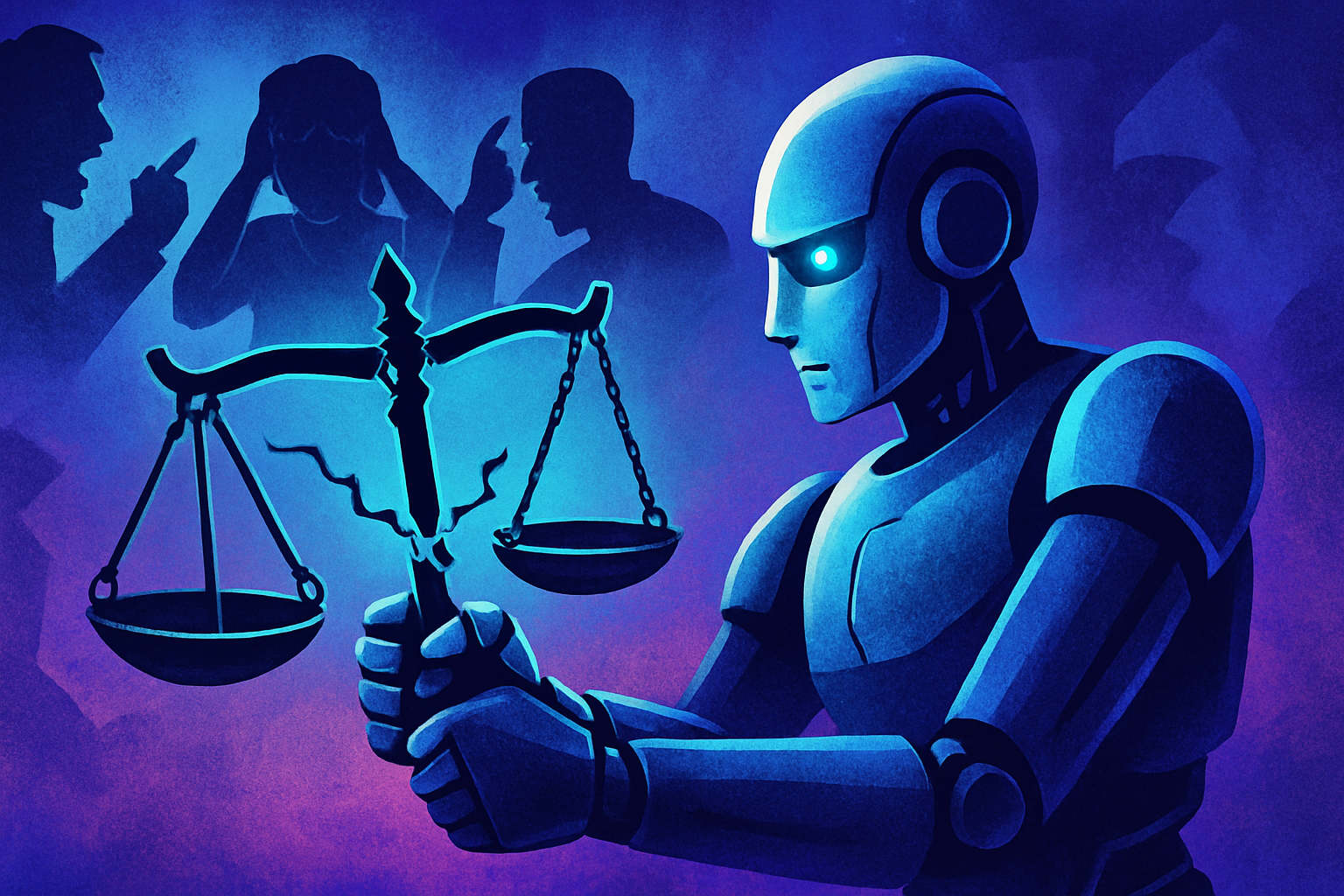The recent news has marked a major turning point in the debate over copyright and artificial intelligence. The dismissal of Shira Perlmutter, director of the United States Copyright Office, reveals palpable tensions in the United States. This unexpected dismissal raises crucial questions regarding the future of intellectual property in the age of AI. Industry stakeholders must navigate a *constantly evolving legal landscape*, where respect for artistic creations is put to the test by technological innovation. For experts and policymakers, it becomes imperative to find a balance between innovation and the protection of fundamental rights.
The importance of copyright protection in AI
The issue of copyright in the field of artificial intelligence sparks intense debates in the United States and Europe. The rapid evolution of AI technologies, capable of generating original works, complicates the definition of intellectual property.
The dismissal of Shira Perlmutter
Shira Perlmutter, director of the United States Copyright Office, was dismissed by Donald Trump. This change in leadership is perceived as an act of retaliation, aimed at distancing favorable positions towards strict copyright protection in the realm of AI.
According to experts, the removal of this official could signal a weakening of existing protections. The debate surrounding copyright is in full swing, and the implications could be felt beyond American borders.
Reactions from the legal community
Lawyers are strongly expressing their views on this dismissal decision. Alexandra Bensamoun, a professor, believes that this sidelining results from a hostile climate towards genuine copyright protections in AI. She emphasizes that the speed at which Perlmutter was ousted shows a clear link to her recent positions.
This case raises questions about the future of AI-generated works as governments consider regulations likely to protect creators while encouraging technological innovation.
International initiatives and tensions
This issue also concerns the old continent, where discussions surrounding copyright in AI are equally passionate. The council of culture ministers in Brussels has addressed the issues related to AI, highlighting increasing tensions between innovation and the protection of works.
Technological advances are sometimes perplexing for legislators, who are trying to find a balance between creativity and respect for copyright. European countries are vigilant in the face of the rise of AI, as influential figures like Elton John and Dua Lipa call for adequate regulations to protect their works from any abusive exploitation by AI.
Future perspectives for copyright
Contemporary debates include bold proposals to reform copyright laws. Technology firms, such as Google and OpenAI, advocating for a balanced approach aligned with a U.S.-centered AI strategy, mock the complex challenges ahead.
Recent cases like that of Meta, facing lawsuits for copyright infringement, show that tensions are rising around legislation. The need for clarifications is becoming urgent as technology evolves at a breakneck pace.
Conclusion of the Perlmutter case
The dismissal of Shira Perlmutter perfectly illustrates the crucial issues in the debate surrounding copyright and artificial intelligence. The political choices made on this subject will define the contours of creation and innovation in a constantly changing digital era.
Frequently asked questions about AI and copyright
Why was Shira Perlmutter dismissed from the United States Copyright Office?
Shira Perlmutter was removed due to her positions deemed too favorable to respect for copyright in the field of artificial intelligence, which was perceived as a retaliatory measure.
What was the impact of Shira Perlmutter’s dismissal on the protection of works in AI?
This dismissal raises concerns about the future of copyright protection concerning innovations in artificial intelligence, exacerbating tensions in the United States regarding this crucial issue.
What are the main issues related to copyright and artificial intelligence?
The issues include the need to find a balance between AI innovation and the preservation of copyright, which are often threatened by generative technologies and digital plagiarism.
How is the debate on AI and copyright unfolding internationally?
The debate on copyright in the context of AI is also present in Europe, with discussions in ministerial councils, illustrating a growing interest in establishing common regulations.
What are the signs of a trend towards regression of copyright in the United States?
Observers note a series of measures and political signals that seem to oppose copyright protection, particularly in the context of technological innovation.
What type of report is expected following Shira Perlmutter’s dismissal?
An additional report on copyright and AI is in preparation, aimed at illuminating future policies and addressing the concerns raised by the dismissal of Ms. Perlmutter.
What are the implications of governments’ positions on copyright for the tech sector?
Political choices regarding copyright can influence how technology companies develop and deploy products based on artificial intelligence, thus affecting the market and innovation.






